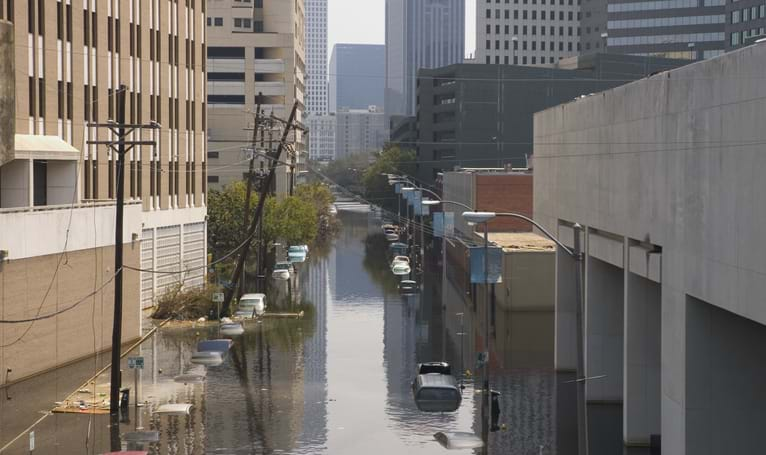To recap, business interruption claims arising out of the presence of COVID-19 in the workplace and caused by the various state and local closure orders has been hampered by two limitations in property insurance policies: 1) the existence of virus exclusions and 2) physical damage requirements and the question of whether the virus’s existence on property constitutes such physical damage. In addition, there has been legislation proposed in several states and by the Federal government to invalidate virus exclusions on Property Insurance Policies, but to date none of these have been enacted.
Virus Exclusions
Simply put, if your property policy has a virus exclusion which applies to the Business Interruption (BI)coverage part, it is unlikely that any insurance company will voluntarily extend coverage for your COVID-19 BI claim.
10 states (CA, LA, MA, MI, NJ, NY, OH, PA, RI and SC) plus the District of Columbia have proposed legislation to invalidate the virus exclusion for COVID-19 BI claims. No state has yet passed legislation to do so.
Nonetheless, if you have suffered a BI loss, notice requirements obligate you to report your claim to your insurance company now. In the event your state should invalidate the virus exclusion in your insurance policy, it may be too late to make your claim at that time.
Physical Damage Requirement
Whether the existence of COVID-19 in your facility or on your property constitutes “physical damage” to that property is a state-by-state issue (based generally upon the location of the property). We now have decisions from 2 states (New York and Michigan) holding that the exposure to COVID-19 did not cause physical damage to the insured property (although the New York case was decided in a hearing to determine whether an injunction would be issued – where a higher burden of proof is required. The Michigan decision was made in granting summary judgment for the insurer).
Multidistrict litigation
Many COVID-19 BI cases filed against insurance companies were filed in federal court (using diversity jurisdiction where the insured and insurer are residents of different states). A motion was filed to have all those cases (which number in the hundreds) handled in one court (either in Chicago or Philadelphia) for purposes of pretrial proceedings. The Judicial Panel on Multidistrict Litigation (JPMDL) will decide that question at its July 30th meeting in Boston. Already judges in these federal cases are declining to rule on motions pending the JPMDL’s decision.
Pandemic Risk Insurance Act of 2020 (PRIA)
Roughly modeled after the Terrorism Risk Insurance Act (TRIA) put in place after 9/11, the Pandemic Risk Insurance Act of 2020 (PRIA) introduced by US Representative Carolyn Maloney and 20 co-sponsors, would void virus exclusions in property policies with BI coverage. However, for new policies or policies in place for less than five months after PRIA’s enactment, the insurance company could charge a premium for the removal of the virus exclusion (limited to a 15% increase). If the premium is not paid, the exclusion would be reinstated. The program is voluntary for insurers.
PRIA would apply to any “outbreak of infectious disease or pandemic” on or after January 1st, 2021 for which an emergency declaration is made.
If the aggregate BI losses for all insurers exceeds $250 million, the Federal government would then pay the losses (with each insurer having an individual deductible set at 5% of the insurers direct earned premium in the prior year) up to a $750 billion annual cap. It is yet to be seen what this Act will look like as it weaves through the legislative process.
If you would like to discuss whether your organization’s Business Interruption Insurance coverage could potentially apply to COVID related losses, please reach out to:

Philadelphia, PA, 19102

EB.jpg)






